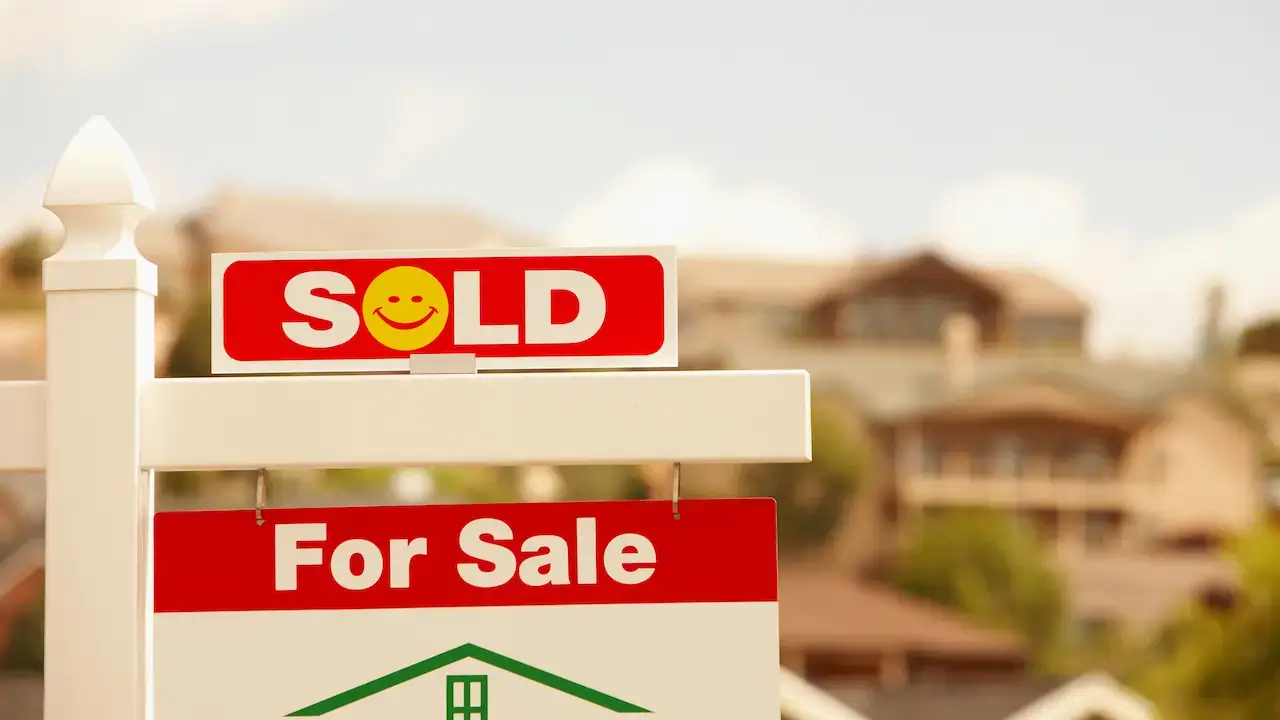You have made the decision to change floors. You’re not alone. Spain is experiencing resurgence in the housing market; sales have exploded, leaving behind the crisis in the sector.
You will have heard about the enormous number of issues on which you must decide: taxes, if you want to sell it yourself or with an agency, the price, the revaluation. There are a lot of points to take into account.
Today we explain everything you need to know to sell an apartment and buy a new one, without paying more, from taxes to payment exemptions.
What Taxes Affect The Sale Of An Apartment To Buy Another?
After having a buyer and having signed a sales contract, you face the taxes that you must pay for having received the money from the sale.
The big question that many sellers have is what their tax situation would be after selling an apartment, and how taxes would affect if they want to buy a new apartment with the same money.
There are two major taxes, the Sales Tax-which you declare in your fiscal year and the Municipal Capital Gains Tax, which changes according to each municipal authority.
You can get the best Villas & Houses for Rent in UAE if you want to stay in Dubai at affordable rates with exotic places. Contact Zoomproperty and avail this opportunity now.
Taxes are calculated based on the equity increase in the value of the goods sold. That is, the difference between the price at which you bought it and the price at which you sold it.
Now, there are many cases in which you can get exemptions in this tax, to avoid unnecessary payments.
Even if you don’t get an exemption, there is also the possibility of reducing capital gains taxes.
If you sold your apartment to buy another, the first step is to legally demonstrate that these are your intentions to be able to reinvest the money from the sale in the purchase of your next home.
Points To Take Into Account To Sell An Apartment To Buy Another
In order to do this, you must first know how to clearly answer the following questions:
Is The Apartment You Plan To Sell Or Did You Sell Your Usual Home?
The definition of habitual residence is one that has been your residence for a continuous period of at least three years. In the event that your apartment has been recently acquired, you should have lived in it for at least 12 months.
There are some special considerations for considering a home as habitual, not having elapsed the aforementioned three years: if there are situations that require you to change your address.
This would be the case if the family has grown; if you are going to get married, or on the contrary, if the separation of the marriage has been decided; if you have accepted a job transfer; if you have managed to get your first job, or have changed jobs.
If the apartment was your main residence, you may qualify for tax exemptions for the purchase of your next apartment.
What Is The Capital Gain? How Is It Calculated?
The capital gain is the amount on which the tax that you should pay is charged.
This amount is calculated by applying the difference between the value for which the property is sold and the value for which it was acquired at the time.
They also apply an adjustment for coefficients that change from one autonomous community to another. As a taxpayer, you would be obliged to pay as long as you have had a capital gain, that is, you have obtained a benefit from said sale.
What Does The Reinvestment Of The Habitual Residence Imply?
If you want to sell an apartment to buy another, this would be your case. Reinvestment refers to allocating all or part of the money you obtain from the sale of your current apartment to the purchase of your new apartment.
But this is not the only thing. There are a series of mandatory requirements that must be met so that the real estate sales tax exemption can be given. Specifically, it is necessary to meet the following requirements:
- That you are selling your usual home.
- That you buy your new habitual home, called reinvestment, before meeting certain deadlines.
- If the profit is greater than the amount you reinvest in the purchase of your new apartment, the exemption is partial, that is, it will be taxed on the amount that you do not reinvest.
- If in the two years prior to the sale of your apartment, you have bought a new property that is now your usual home, you will not have to pay the Treasury for the profit obtained from the sale. This is the case even if you do not use the profit to pay off your new home loan.
- If you have already reached 65 years of age, or you are in a situation of severe dependency or highly dependent, you will not be taxed on the capital gain you obtain from the sale of your habitual home.
If you are married and only one of the couple reaches the age of 65, the exemption will only apply to half of the profit achieved.
There Are Other Taxes On The Sale Of My Apartment, Does The Exemption For Reinvestment In Habitual Residence Also Apply?
In addition to the tax on the sale of real estate, you will be subject to the payment of the Municipal Capital Gain Tax.
This tax is levied on the increase in the value of urban land (IIVTNU), it has a municipal character and depends on the increase in value that the apartment experienced during the time you have owned it.
This increase (or not) in value is recalculated each time the property is transferred, be it for sale, inheritance or other causes.
Unlike what happens with personal income tax, the reinvestment of habitual residence does not apply as an exemption in the law regulating municipal capital gains and, therefore, the sale operation is subject to the payment of this tax.
Regardless of whether you want to reinvest in another apartment, since 2018 new calculations have been applied in the Municipal Capital Gain Tax, so you may be able to apply for these exemptions.
When To Declare The Reinvestment In Habitual Residence?
After establishing whether or not you apply for the exemption benefit, and to what extent, it is time to formalize this in your tax return.
Thus, you must declare your intention to reinvest at the end of the fiscal year in which you sold your apartment.
If the reinvestment is not carried out in the same year that the sale of your apartment occurs, it is mandatory that you state your intention to reinvest in the declaration of the year in which you obtain the profit.
Now, the fulfillment of this formal duty is not substantial or mandatory when you decide to apply to the exemption from the reinvestment tax.
The important thing is that when you apply to the exemption, there is no inconsistency in the data provided in the return for that fiscal year or the following. As you can see, the sale of a flat is not that complicated, especially if you have the support of experts willing to guide you about every step of the way.












